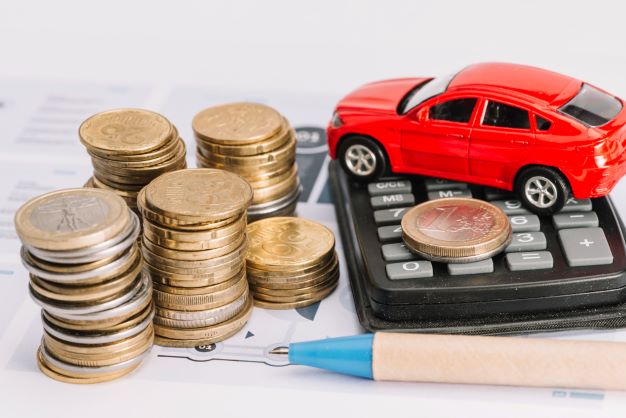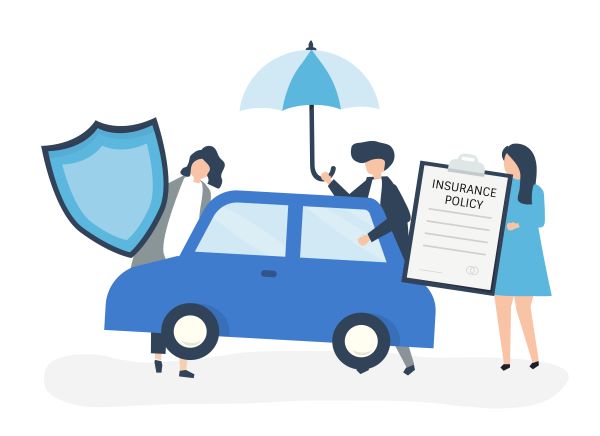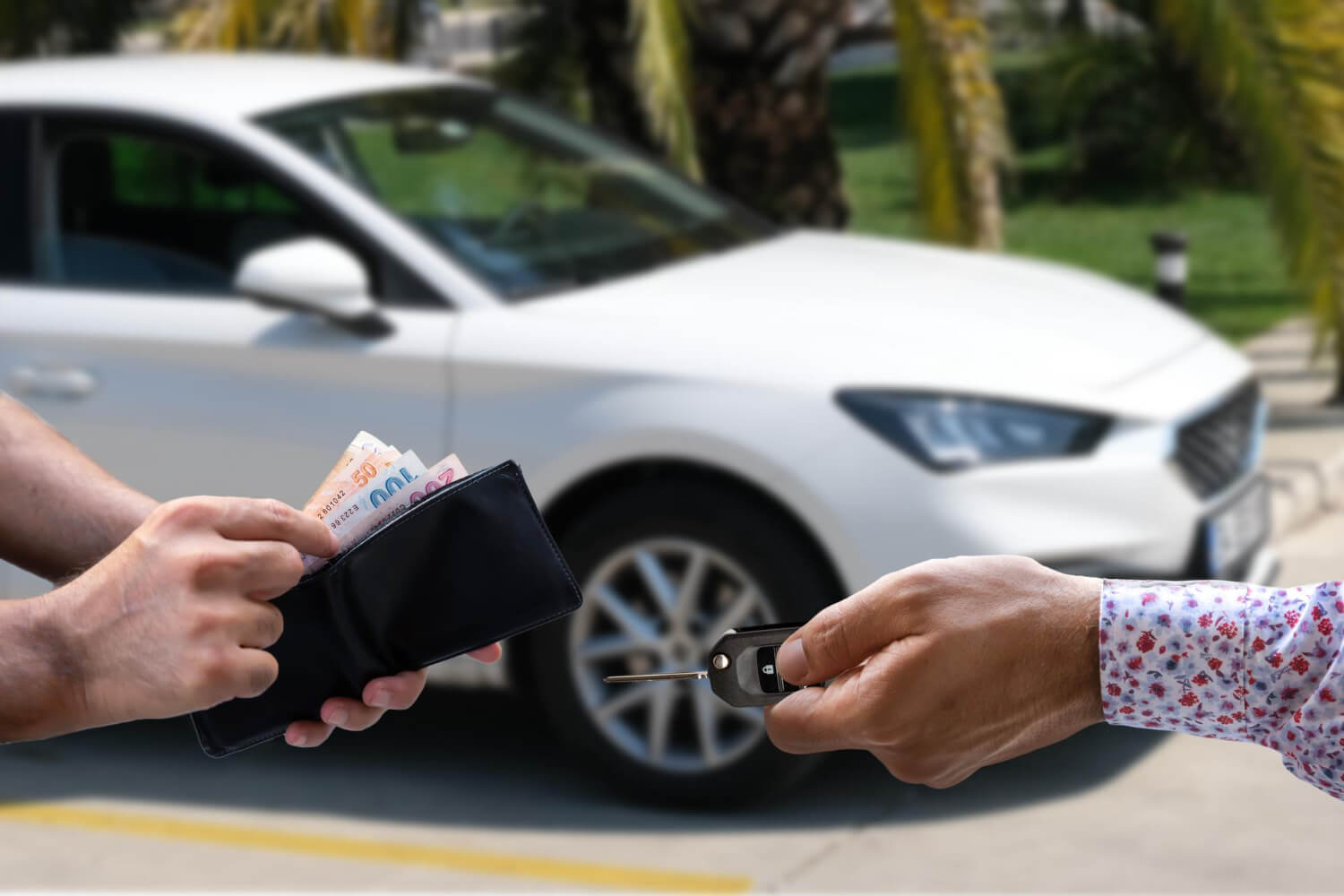How To Sell A Deceased Person's Car

You would definitely not want to worry about how to sell a loved one's car when they pass away. With this guide, we want to simplify things. Things are quite difficult when one has to part with the deceased person's stuff. Nobody wants to even consider any unresolved legal or financial issues at the moment. Unfortunately, these cannot be ignored for very long. There comes a point when one must decide whether or not to sell a deceased person's vehicle. It might be logistically challenging to sell automobile after a loss.
It can be harder than normal to locate a buyer or a dealership for this type of sale. You must be aware of the regulations governing this kind of transaction. These laws are intended to decide what will happen to the deceased person's possessions in the future. The following list includes some of the same generally recognized fundamentals:
1. Legal Authority

The first thing that has to be figured out is who has official authorization to manage the trade upon the death of the owner of the vehicle. The testament of the deceased individual mostly resolves this. According to the deceased's plan, the property is divided among the legitimate heirs. This is the primary place you should initiate a claim for a deceased person's car if you want to resell it. When you are appointed the executor of an estate, the court will issue you a letter of authority allowing you to represent the estate.
You should make a few copies of these letters, plus duplicates of the death certificate. These will be useful if someone doubts the legitimacy of your deed.
Also read: Paperwork Required Before Selling Car
2. Title

As you embark on the work of selling the automobile to the property, it is not essential to change the title. In most jurisdictions, you don't even need to go to the title department when it's time to sell the automobile. When a client is found and a value is agreed upon, consider signing your name as one would if the vehicle were their personal property on the back of the title, followed by "executor (or executrix) for the property of..." and the initials of the departed. When the buyer purchases the vehicle, he/she will keep the existing title, and the government will then issue a brand-new title in his/her name.
Also read: How to Transfer a Car Title
3. Clear Unpaid Lien

Finding out if the vehicle has debt is one thing you should do as soon as possible. In this scenario, you will need to settle the outstanding balance before selling the vehicle. You must get in touch with the appropriate bank or financial firm for this.
Then, you must say that you are the estate's executor and specify how much money is still needed to pay off the debt. Together with the testamentary documents and a replica death certificate, you can pay off the debts using the estate proceeds. Once finished, use the nearby RTO to remove the hypothecation from the RC card.
Request your client to contact you at the bank or financing institution if you require to use the sale of the automobile to pay off the loan. A release of lien can be obtained at the same time as paying off the debt there and then.
4. Insurance

You will nearly always need to terminate the vehicle's insurance. A photocopy of the death certificate and the documents’ testamentary must be submitted. If the vehicle is financed, as previously said, the insurance won't be canceled until you acquire a NOC, or a No Objection Certificate, from the financing firm, releasing the lien.
The insurance provider would then provide a refund made out to "The Estate of..." and the title of the deceased if the asset is qualified to receive a cashback for any unutilized premiums. You will be allowed to deposit this check received from the insurance company in a bank account on behalf of the estate as the legal holder of the authority to make decisions on behalf of the estate left by your loved one.
- We hope that this may be comforting at this difficult time. However, we still advise you to seek legal counsel before taking any action on any matter.
Previous Blog: Can I Trade-In A Car On Finance?





